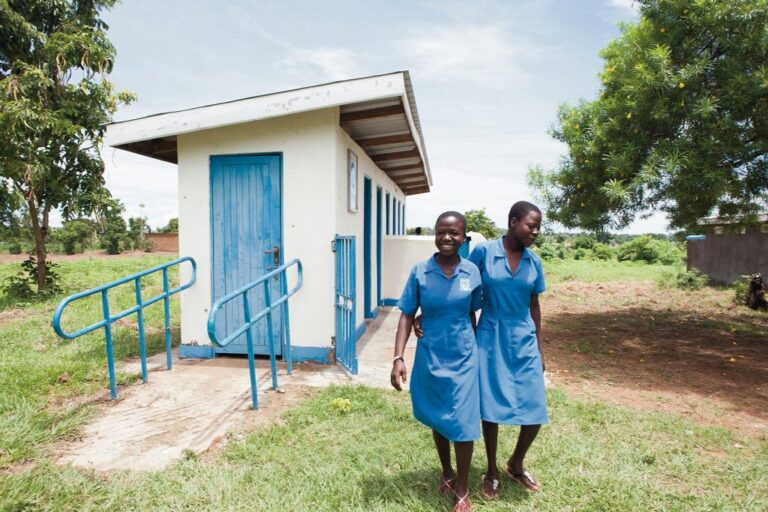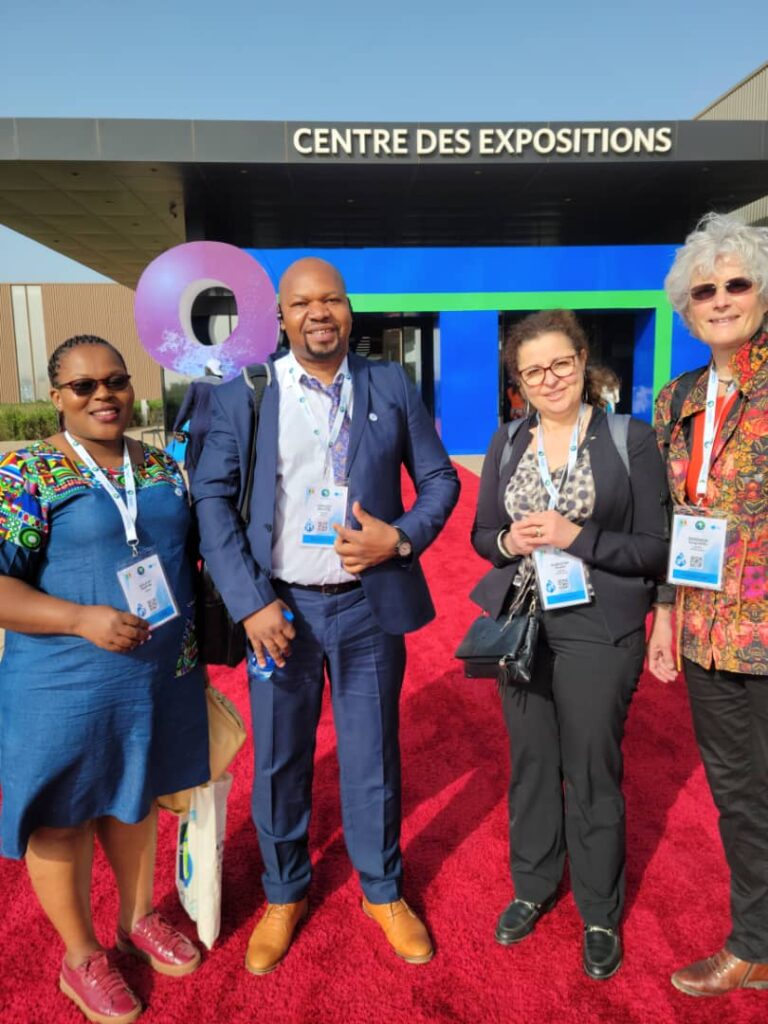April 6, 2022
|
News
|
WASTE


Approximately 2.5 billion people still do not have access to safe sanitation. Furthermore, in 2022, almost 670 million people still practice open defecation.
To address these challenges, we must look at under-development in sanitation as an opportunity and even as a business. If we can transform waste into a resource, then sanitation challenges would reduce immensely due to demand. WASTE is working on exactly this.

WASTE advisers, Jacqueline Barendse, Nouria Oubrahim, and Wycliffe Mwanzi, travelled to the World Water Forum 9 held in Dakar, Senegal recently in March to share experiences and connect with like-minded people and organisations on these issues.
WASTE is providing inclusive and scalable solutions to global challenges in sanitation, faecal sludge and solid waste management, using innovative financing mechanisms to achieve greater impact for more people. During the Forum, WASTE advisers noted that there were many sessions on the need for such financing mechanisms yet no straightforward solutions just yet.
Firstly, the need and role for Public Development Banks (PDBs) is great. The Netherlands is amongst other Latin American countries which are frequently cited as countries where PDBs have played an important role in developing financing solutions and we must work together to bridge the WASH financing gap.
Why?
“Financing is like baking a cake” We just have to make sure that all ingredients are there and working in equal measure, otherwise it won’t work.
Secondly, in Africa, more than 92% of the population uses on-site managed sanitation, hence we must re-think collective solutions/networks. We must address the challenges of standalone sanitation systems and not just copy and paste collective sanitation systems.
Some notable challenges to addressing issues of sanitation in Africa:
Join us to address these critical challenges and build healthier communities together.